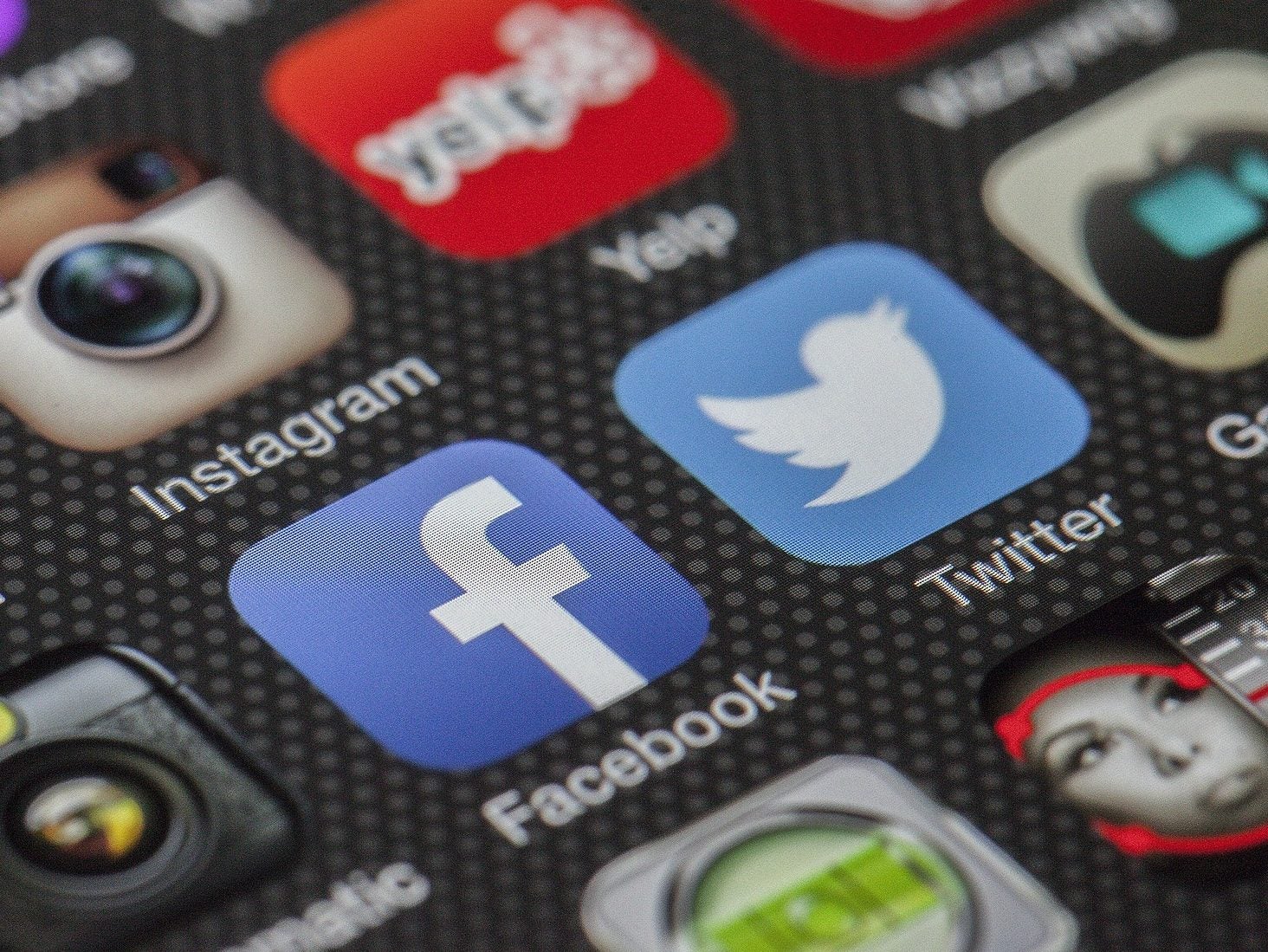
Almost nine in ten global executives (87 per cent) think Google and Facebook have a responsibility to do more to tackle “fake news”, according to the third annual Tomorrow’s News survey by Reuters.
Eighty-one per cent of global execs also believe the web giants should be held accountable for the content distributed on their platforms.
A total of 1,587 executives were canvassed through Reuters.com in May for the Tomorrow’s News research, published today by Reuters Plus.
It also found that executives are growing increasingly sceptical of social media as a news source, as 85 per cent said the rise of “fake news” has made them doubt news stories shared on the likes of Facebook and Twitter.
This has led to a fall in the number of people actively sharing news on social networks, going from 49 per cent in 2017 to 38 per cent this year.
Speaking at the launch of the Reuters Institute Digital News Report on Thursday, News Media Association chairman David Dinsmore called on social media platforms to be classed as publishers.
He said: “Social media platforms undoubtedly are publishers and we are in news 100 per cent responsible for the words we publish.” He added that the same should apply for the likes of Facebook.
The Tomorrow’s News study also revealed that executives are keen to burst their “filter bubbles”, as 76 per cent said news personalisation narrows their views and 88 per cent want to see a balance of content they like and dislike to help them have an informed opinion.
In positive news for publishers, the survey found:
- Eighty per cent of respondents agreed that “a news brand is a mark of quality on a story”
- Ninety-six per cent said they prefer “factual and impartial” content
- Executives are more likely to turn to online news brands over social media for “opinions from respected anchors, reporters or journalists” (80 per cent vs. 17 per cent) and to “obtain in depth analysis and opinion of a news story” (88 per cent vs. 12 per cent).
In addition, 83 per cent of respondents named news websites or apps as one of their primary sources of online news, compared to 54 per cent choosing news aggregators, 50 per cent email newsletters, search engines on 44 per cent and social media on 36 per cent.
Munira Ibrahim, Reuters senior vice president for sales and content solutions, said: “Advertising agencies and tech companies alike are having to pay more attention to good governance and integrity.
“Executives are looking for factual and impartial content in a trusted environment and the findings of this research highlight the enduring importance of trusted brands in an era of fake news.”
Facebook recently began to rank news brands by trust, with users deciding which are “broadly trusted” and should therefore be more widely seen in the platform’s News Feed.
In April last year Press Gazette launched its Duopoly campaign warning that the dominance of Google and Facebook in the advertising market was pushing publishers out of business.
Since then the websites have faced calls to fund the journalism that produces the content on which they rely.
Figures from the Advertising Association show Google is taking by far the biggest amount of advertising spend in the UK, followed by Facebook. Both are predominantly funded through advertising.
Google parent company Alphabet, which also owns YouTube, made more than $100bn in annual revenue last year. Facebook grew its revenues to more than $40bn in 2017.
Picture: Pixabay
Email pged@pressgazette.co.uk to point out mistakes, provide story tips or send in a letter for publication on our "Letters Page" blog
